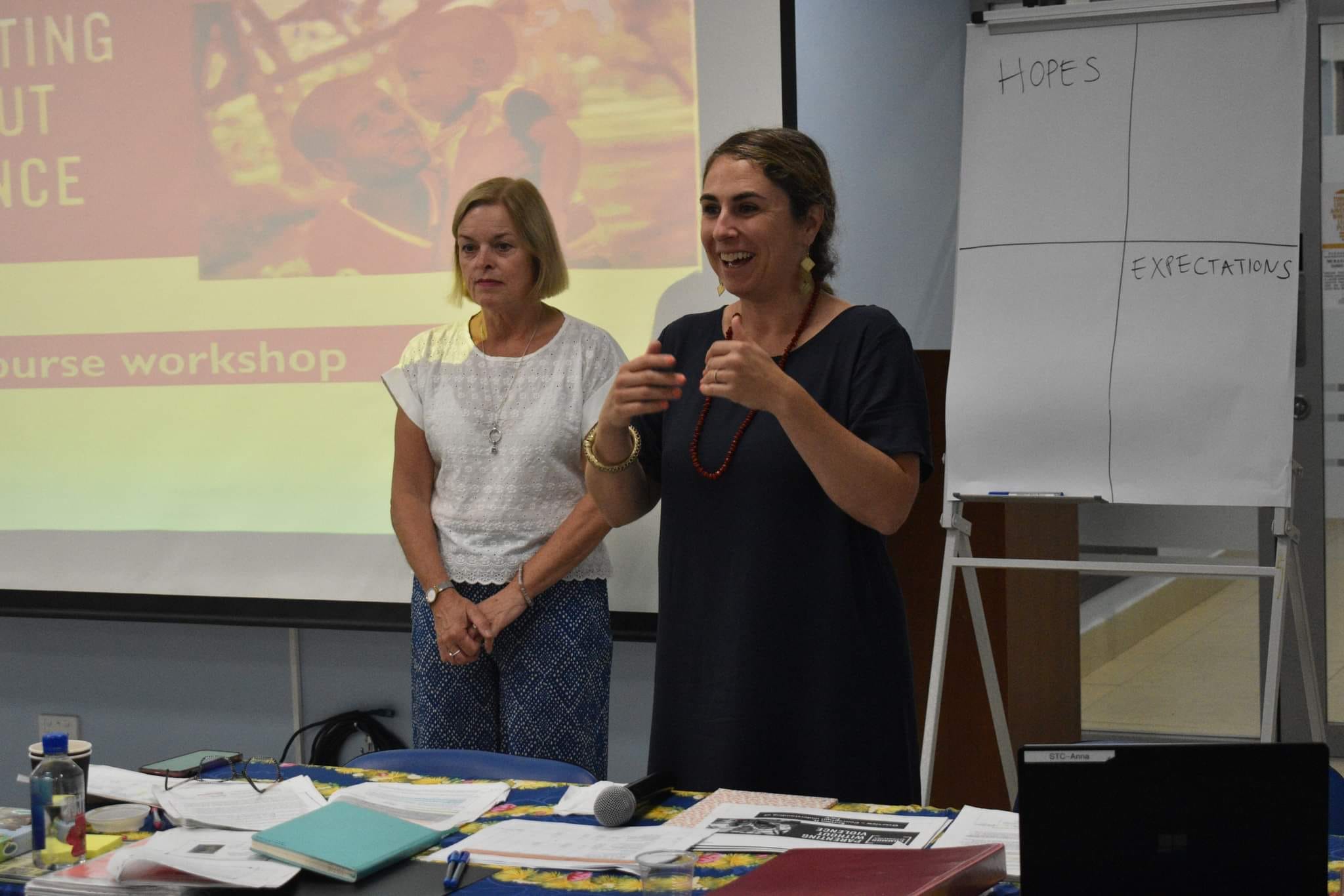Save the Children Australia principal adviser child protection Karen Flanagan says the link between abuse of children and women is evident in Fiji and the Pacific.
“There is overwhelming evidence that clearly shows if one was physically punished as a child there are high chances that they will use physical punishment on their own children or as partners, men may use physical punishment with their partners and women will most likely be victims,” she said.
“It’s very hard to tell what’s going on in people’s homes, sometimes we see the evidence of it but when a problem arises it’s very hard to stop it quickly or prevent it because it relies on very complex dynamics, interpersonal relationships, privacy, peoples view about what happens in their homes are their own business versus what the government can interfere in. She said that “an adult, prisoner and animals have far more rights protection than children”.
“We must take physical punishment of children very seriously and its interesting that children are the only people that don’t have the full protection of the law in many countries.
“This is not about law enforcement this is about how society uses children.
“So there are 987 countries that have prohibited corporal punishment for anybody. If I hit an adult, prisoner, or dog I can be prosecuted for that. So prisoners, adults and dogs have far more rights protection than children and yet we say children are the most vulnerable and precious and we should protect them.”
She said discipline was to teach and not to punish or control. “We need all adults to step up regardless of gender or experiences so we can all play our part. Sadly, evidence shows that fathers tend to not spend as much time with their children or when they do it is usually rushed because they are working and providing.
“Women spend the bulk of the time but often they are working and providing as well, and the pressure is on the family. So, this is about bringing equality, respect, and value into families.”
Ms Flanagan said the fiveday Parenting without Violence workshop with Save the Children stakeholders aimed to train facilitators on non-violent ways of raising children.
“In Fiji, we are aware that violence against children is a big problem and we’ve got some research and evidence to back that up and we also know that there are a lot of positive things happening. “We know that professionals from different disciplines like health education, welfare, police are all committed to making things better for children in Fiji.
“We’ve (the Department of Foreign Affairs and Trade (DFAT) from Australia and New Zealand Ministry of Foreign Affairs and Trade) brought out parenting without violence training package as part of some of the funded projects we are delivering in Fiji to bring the common approach of parenting without violence to share.
“It’s a five-day training and all the people who will complete this will be able to go back into their communities and train facilitators to show non-violent ways of raising children.”



